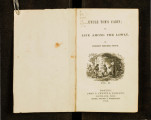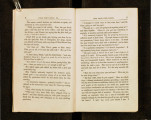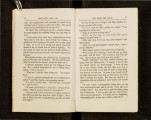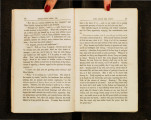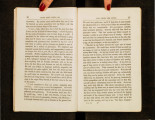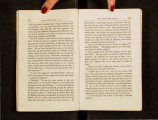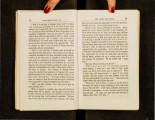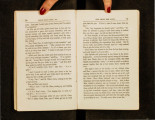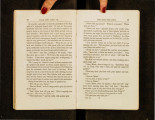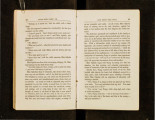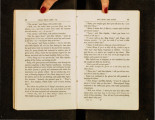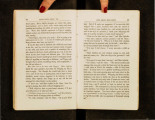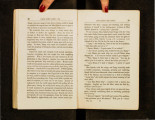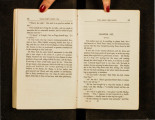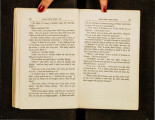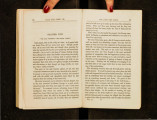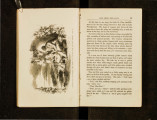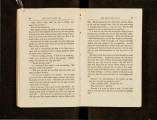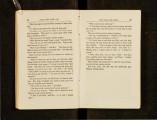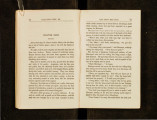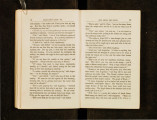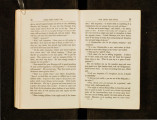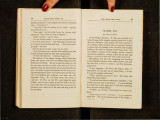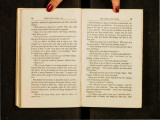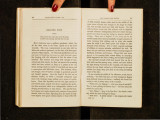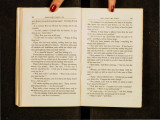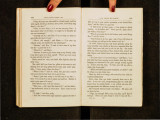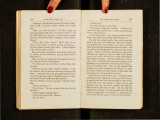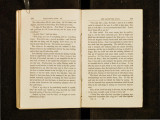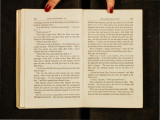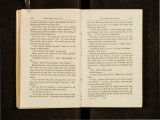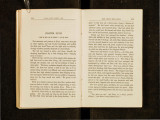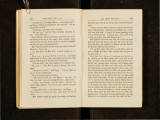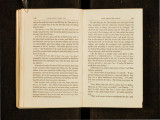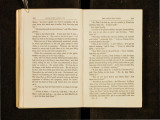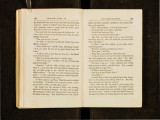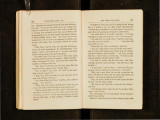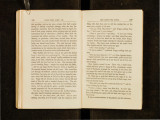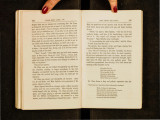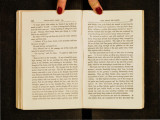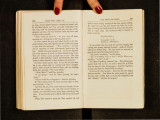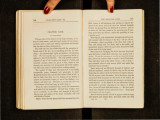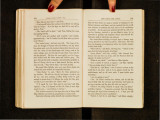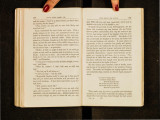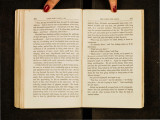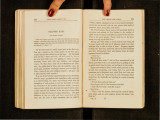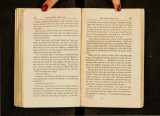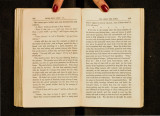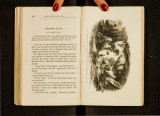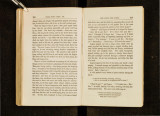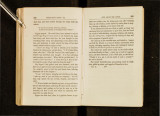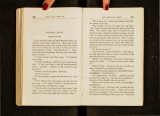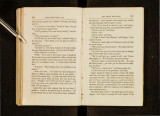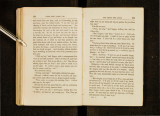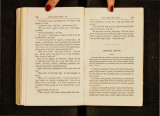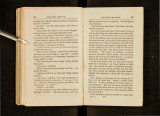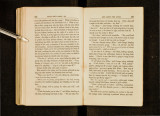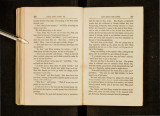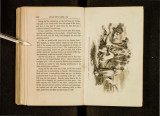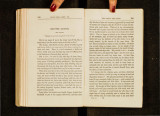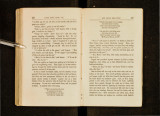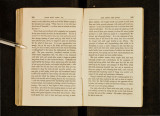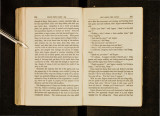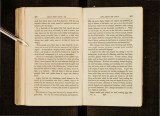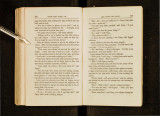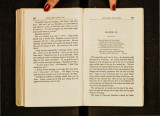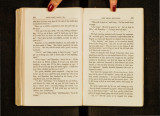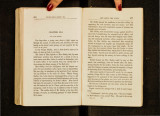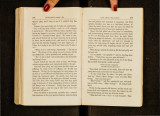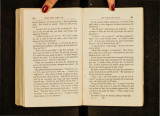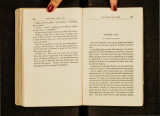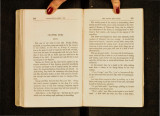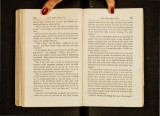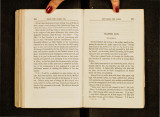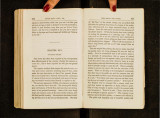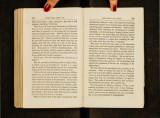| OCR Text |
Show 12 UXCLE l'OM'S CAlllN: on, St. Clare had started up, and, as his rnnnner was when excited, was walking, with hurried steps, up and down the floor. His fine f.'l.Cc, c1assic as that of a Greek statue, seemed actually to burn with the fervor of his feelings. His large blue eyes Dashed, and he gestured with an unconscious eagerness. l\fiss Ophelia. had never seen him in this mood bdorc, and she sat perfectly silent. "I declare to you," said he, suddenly stopping before his cousin "(it's no sort of use to talk or to feel on this subject), but I declare to you, there have been times when I have thought, if the whole country would sink, and hide all this injustice and misery from the light, I would willingly sink with it. When I have been travelling up and down on our boats, or about on my collecting tours, and reflected that every bruta.l, disgusting, mean, low-lived fellow I met, was allowed by our bws to become absolute dcspct of as many men, women and children, as he could cheat, steal, or gamble money enough to buy,- when I have seen such men in actual ownership of helpless children, of young girls and women,-- I have been ready to curse my country, to curse the human race ! " "Augustine ! Augustine ! " said ~fiss Ophelia, " I 'm sure you've said enough. I never, in my life, heard anything like this, even at the North.'' "At the North!" said St. Claro, with a sudden change of expression, and resuming something of his habitual careless tone. "Pooh ! your northern folks are cold-blooded ; you are cool in everything! You can't begin to curse up hill and down as we can, when we get fairly at it." "Well, but the question is," said Miss Ophelia. "0, yes, to be sure, the qnestion is,- and a. deuce of a question it is ! How came you in this state of sin and LUE A?!tONG TilE LOWLY. 13 misery? Well, I shall answer in the good old words you used to teach me, Suncbys. I came so by ordinary generation. :My servants were my father's, and, what is more, my mothcr1s; and now they arc mine, they and their increase, which bids fair to be a pretty considcmblc item. My father, you know, came first from New England i and he was just such another man as your father,-a regular old Roman,uprigh. t, energetic, noble-minded, with an iron will. Your father settled down in New England, to rule over rocks and stones, and to force an existence out of Nature j and mine settled in Louisiana, to rule over men and women, and force existence out of them. My mother," said St. Clare, getting up and walking to a picture at the end of the room, and gazing upward with a face fervent with veneration, "she was di·vinc! Don't look at me so ! -you know what I mean ! She probably was of mortal birth; but, as far as ever I could observe, there was no trncc of any human weakness or error about her; and everybody that lives to remember her, whether bond or free, servant, acquaintance, relation, all say the same. Why, cousin, that mother has been all that has stood between me and utter unbelief for years. She was a direct embodiment and pcrsonifi.cation of the New Testament, -a living fact, to be accounted for, and to be accounted for in no other way than by its truth. 0, mother ! mother!" said St. Clare, clasping his hands, in a sort of transport; and then suddenly checking himself, he camo back, and seating himself on an ottoman, he went on : '' My brother and I were twins; and they sa.y, you know, that twins ought to resemble each other ; but we were in all points a contrast. lie had black, fiery eyes, coal-black hair, a strong, fine Roman profile, and a rich brown complexion. I had blue eyes, golden hair, a Greek outline, and fair com-yoL. II. 2 |



